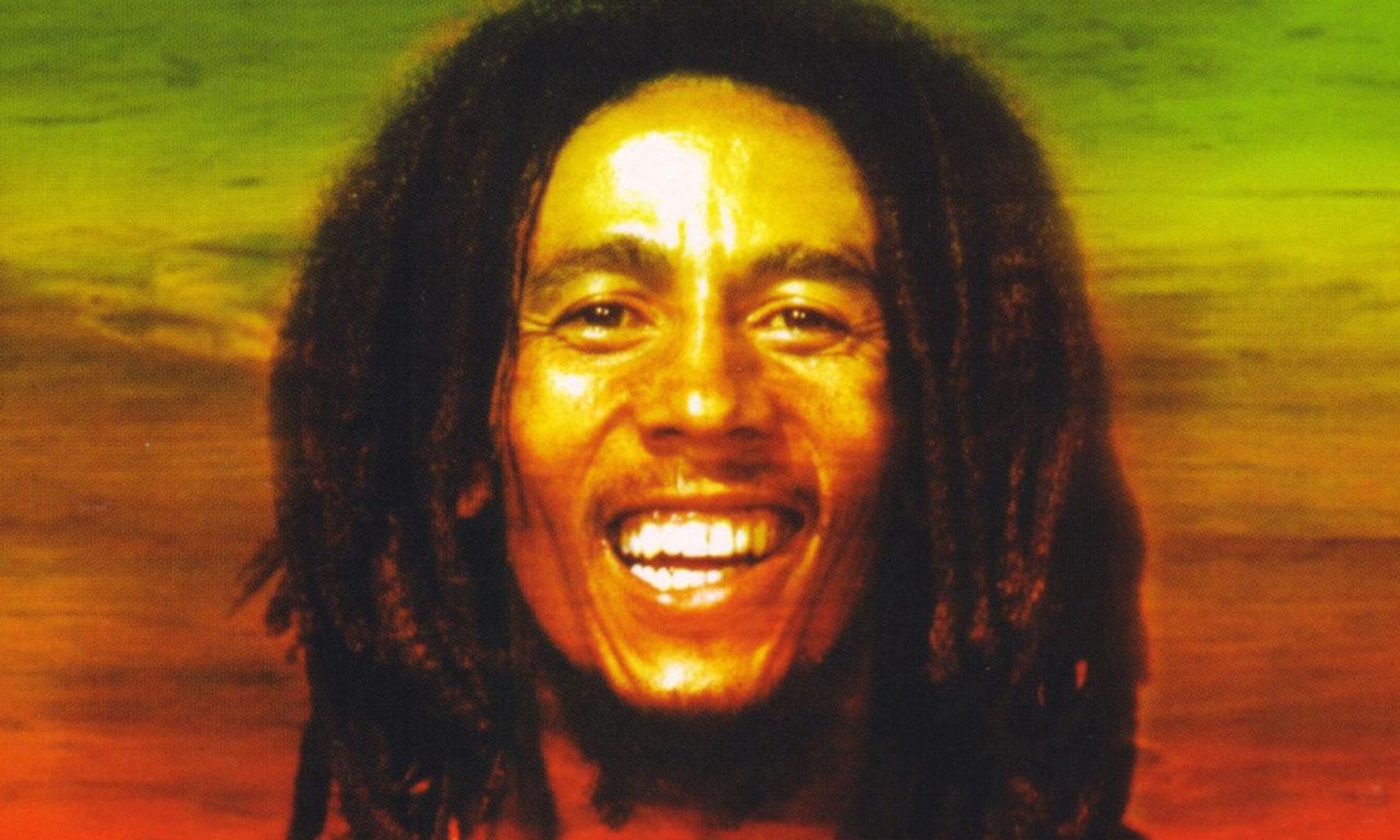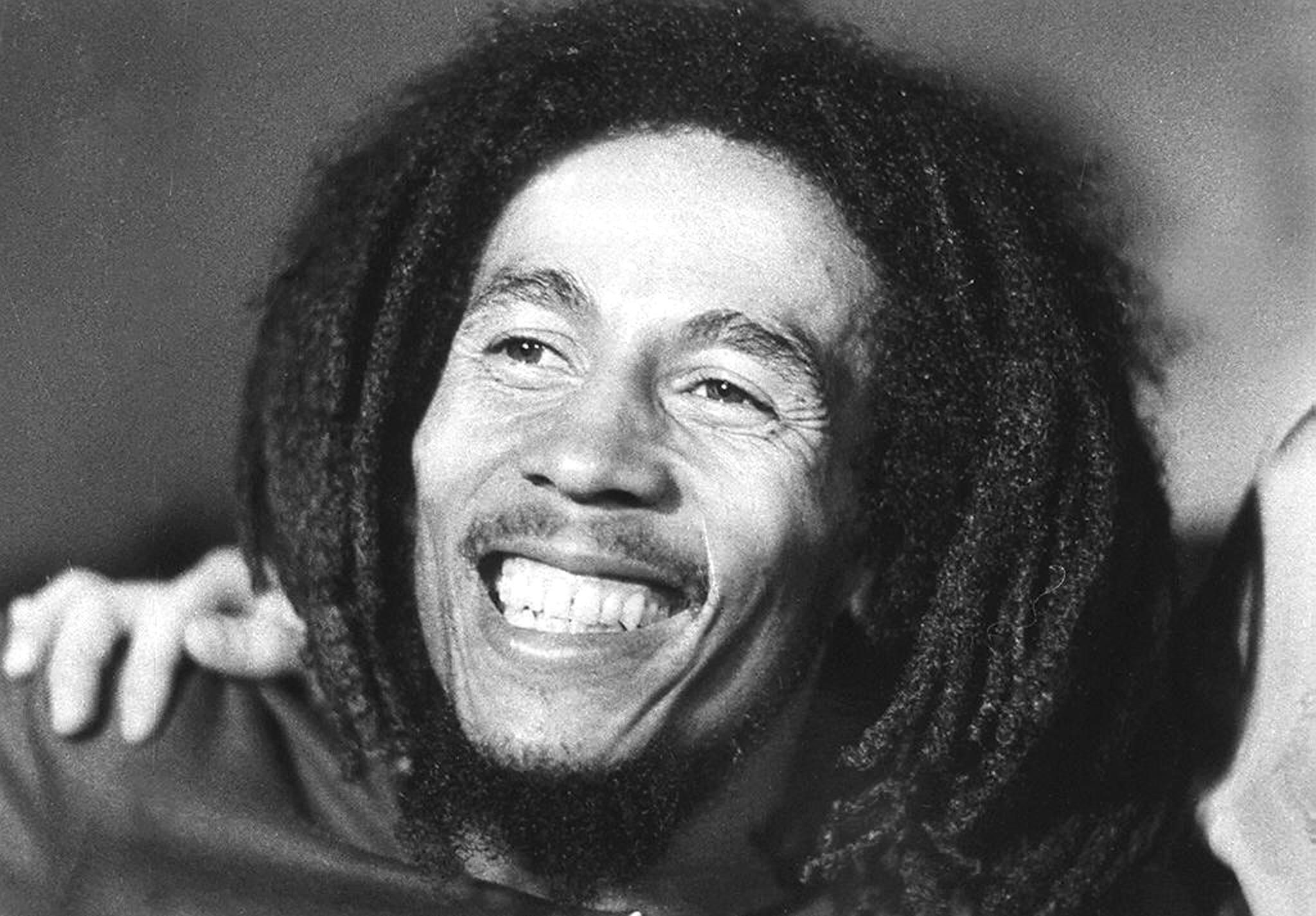Ever wondered about the true identity behind the reggae icon? Bob Marley's real name might surprise you. In this article, we dive deep into the life, legacy, and the authentic origins of one of music's most influential figures. Get ready to uncover the truth about the man who changed the world with his music.
You probably know him as Bob Marley, the guy who brought reggae to the global stage. But did you know that his real name isn’t exactly what you think? Stick around, because this story is about to blow your mind. We’re going to explore everything from his early years to the reasons behind the name change.
This isn’t just another article about Bob Marley. We’re talking real, raw, unfiltered facts about the man who inspired millions. Whether you’re a die-hard fan or just curious about his background, you’re in for a treat. Let’s jump right into it.
Read also:Luke Halpin Actor Unveiling The Rising Star Of Hollywood
Who Was Bob Marley Really?
Before we dive into the details, let’s set the stage. Bob Marley wasn’t just some random musician; he was a cultural icon. His influence stretched far beyond music, touching politics, spirituality, and even fashion. But what about his real name? That’s where things get interesting.
Bob Marley was born on February 6, 1945, in Nine Mile, Saint Ann Parish, Jamaica. His full birth name? Nesta Robert Marley. Yep, you read that right—Nesta. But wait, it gets even better. The story behind this name isn’t as straightforward as you might think.
Bob Marley's Real Name: Nesta Robert Marley
So why the heck did he end up as Bob Marley? Well, life had other plans for him. When Bob was young, a clerical error at the local church flipped his first and middle names. Instead of Nesta Robert, he became Robert Nesta. But that’s not all. His friends and family started calling him Bob because it just sounded cooler.
Fun Fact: The name "Bob" wasn’t even his idea. It was more of a nickname that stuck. Imagine being named Nesta and having everyone call you Bob. That’s the power of destiny, baby!
Biography: The Man Behind the Music
Let’s take a closer look at Bob Marley’s life. Here’s a quick rundown of the basics:
| Full Name | Nesta Robert Marley |
|---|---|
| Birth Date | February 6, 1945 |
| Birthplace | Nine Mile, Saint Ann Parish, Jamaica |
| Parents | Neville Livingston (father) & Cedella Booker (mother) |
| Occupation | Singer, Songwriter, Activist |
Bob’s life wasn’t all sunshine and rainbows. Growing up in Jamaica during a time of racial tension, he faced his fair share of struggles. But through it all, his music became a beacon of hope for millions.
Read also:Unlocking The Secrets Of Mgsmarriottcom Login Your Ultimate Guide
Why Did Bob Marley Change His Name?
Now, here’s the million-dollar question: Why did Bob Marley decide to stick with the name Bob instead of Nesta? The answer lies in his journey. As a young musician, he wanted a name that resonated with the world. Bob Marley sounded more universal, more relatable. It was a name that people could easily remember and pronounce.
Key Insight: In the music industry, branding matters. Bob Marley wasn’t just a name; it was a brand. And what a brand it became!
How His Name Influenced His Career
Think about it. If you were a music fan in the 1970s and someone told you about Nesta Robert Marley, would you have paid attention? Probably not. But Bob Marley? That’s a name that sticks. It’s short, catchy, and easy to remember. Plus, it had that cool, laid-back vibe that perfectly matched his reggae style.
His name became synonymous with peace, love, and unity. It wasn’t just a name; it was a movement. And that movement continues to inspire people to this day.
Bob Marley's Legacy: Beyond the Name
Bob Marley’s real name might be Nesta Robert Marley, but his legacy extends far beyond that. His music has touched the lives of millions, transcending borders and cultures. From "No Woman, No Cry" to "One Love," his songs continue to resonate with people around the world.
But it’s not just his music that makes him a legend. It’s his message. Bob Marley was more than just a singer; he was a voice for the voiceless. His lyrics spoke to the struggles of the oppressed, offering hope and inspiration to those who needed it most.
The Impact of Bob Marley's Music
Here are a few reasons why Bob Marley’s music still matters today:
- It promotes peace and unity.
- It addresses social and political issues.
- It inspires people to stand up for their rights.
- It brings joy and positivity to listeners.
Bob’s music isn’t just entertainment; it’s a movement. And that movement started with a name—a name that became a symbol of hope and resilience.
Exploring Bob Marley's Early Life
Let’s take a trip back to Bob Marley’s early days. Born into a mixed-race family, he faced discrimination from both sides. His father, a white Jamaican named Norval Sinclair Marley, was a captain in the British colonial army. His mother, Cedella Booker, was a black Jamaican woman from a small village.
Growing up in Nine Mile, Bob experienced firsthand the challenges of living in a racially divided society. But instead of letting those challenges define him, he used them as fuel for his music. His experiences shaped the person he became and the message he delivered to the world.
Family and Childhood
Bob’s childhood wasn’t easy. His parents separated when he was young, leaving him to be raised by his mother. Despite the hardships, Cedella Booker instilled in him a strong sense of pride and identity. She taught him the importance of staying true to himself, a lesson that would guide him throughout his life.
Bob’s early years were filled with music. He would often sing with his friends and family, honing his skills and developing his unique style. It was during this time that he began to dream of becoming a musician.
Bob Marley's Musical Journey
Bob Marley’s musical journey began in the early 1960s when he formed the Wailers with Peter Tosh and Bunny Wailer. Together, they created a sound that would change the world. Their music combined traditional Jamaican rhythms with elements of rock and soul, creating a genre that became known as reggae.
But it wasn’t all smooth sailing. The Wailers faced numerous challenges, from financial struggles to creative differences. Yet through it all, Bob remained committed to his vision. He believed in the power of music to bring people together, and that belief drove him to push forward.
Breakthrough and Success
The turning point came in the early 1970s when Bob signed with Island Records. This partnership helped bring reggae to a global audience, introducing millions to the music of Bob Marley and the Wailers. Hits like "Get Up, Stand Up" and "Stir It Up" became anthems for a generation, spreading Bob’s message of peace and love to the world.
Bob’s success wasn’t just about the music; it was about the message. He used his platform to speak out against injustice and inequality, becoming a voice for the marginalized and oppressed. His concerts weren’t just performances; they were gatherings of people united by a common cause.
Bob Marley's Influence on Popular Culture
Bob Marley’s influence extends far beyond music. He became a cultural icon, inspiring countless artists, activists, and everyday people. His image, with the dreadlocks and the ever-present joint, became a symbol of rebellion and freedom.
But Bob was more than just a symbol. He was a man with a mission. His music and message continue to inspire people to this day, proving that his legacy is as strong as ever.
Modern-Day Impact
Today, Bob Marley’s influence can be seen in everything from fashion to politics. His music is still played at protests and rallies, serving as a reminder of the power of unity and resistance. And his message of love and peace continues to inspire people to make the world a better place.
Bob Marley might be gone, but his spirit lives on. Through his music, his message, and his legacy, he continues to inspire millions to stand up for what they believe in.
Conclusion: The Man, The Myth, The Legend
Bob Marley’s real name might be Nesta Robert Marley, but his legacy is so much more than a name. He was a musician, an activist, and a cultural icon who changed the world with his music. From his humble beginnings in Jamaica to his rise as a global superstar, Bob Marley’s journey is one of inspiration and resilience.
So what can we learn from Bob’s story? That life isn’t about where you come from, but where you’re going. It’s about staying true to yourself and using your voice to make a difference. Bob Marley did just that, and his legacy continues to inspire people to this day.
Call to Action: Share this article with your friends and let’s keep the spirit of Bob Marley alive. And don’t forget to check out some of his music—it’s the ultimate soundtrack for life!
References
1. Marley, C. (2010). No Woman, No Cry: My Life with Bob Marley. HarperCollins.
2. Davis, S. (1985). Reggae Bloodlines: In Search of the Music and Culture of Jamaica. Da Capo Press.
3. Jahn, B. (2006). Marley: The Man Who Sold the World Reggae. Billboard Books.

